Reggae Stage Shows of economic importance despite lacking support of sponsors
/Reggaetourist Summary - Rebel Salute, GT Taylor’s Christmas Extravaganza and Sting are three long standing Annual reggae Stage Shows that take place within the space of three weeks. A good time to be in Jamaica! The organisers of these three events argue that while their events are of socio-economic importance to Jamaica, they do not attract the amount of corporate and/or government sponsorship they deserve. Read the Gleaner article below.
Sponsors leave the stage - Large-scale shows suffer financing cutback
Jamaica Gleaner
Sunday, January 17, 2016 - by Mel Cooke
Three of the very few annual large-scale concerts - or stage shows, as they are commonly called despite the organisers' designations - left in Jamaica take place within the space of three weeks.
The 15-year-old GT Taylor Extravaganza is named after the businessman, sound system operator and radio disc jock who has put it on at Independence Park, St Elizabeth, each Christmas Day. Sting, organised by Supreme Promotions, takes place on Boxing Day at Jamworld, Portmore, St Catherine, and marked its 32nd staging in December 2015. And the 23rd Rebel Salute, organised by the Organic H.E.A.R.T. Group of Companies, was held on Friday and Saturday at Grizzly's Plantation Cove, Priory, St Ann.
Each event presents an extensive line-up of almost 100 per cent reggae and dancehall acts, mostly from Jamaica. And ahead of their most recent stagings, a representative of each event has complained abut the lack of corporate support, or sponsorship.
In a previous interview with The STAR, Taylor, while thanking Extravaganza 2015 main sponsor BOOM, said, "I don't know what is happening these days where sponsors are concerned... . But where stage shows are concerned, I think sponsors are drifting from stage shows. No matter how good the event is, they are not supporting."
He attributed the change from a situation where there was higher stage show sponsorship to a generation gap. Taylor said, "There is a new trend where these brand managers are concerned now. The older brand managers used to be in the streets more, so they know what event the people are going. But these brand managers these days, I am seeing they are more gravitating to parties."
"There are younger brand managers in the business. Somehow, they don't see reggae artistes, reggae stage shows, as a event that would really sell the product," Taylor said.
And Isaiah Laing, head of Supreme Promotions, specified a type of event which is not being supported. He said, "Everybody neglect dancehall. The hardcore dancehall get neglected all the time."
Junior 'Heavy D' Frazer, also of Supreme Promotions, illustrated what he sees as sponsorship bias at the state level. In 2013, Sting was sponsored by the Jamaica Tourist Board (JTB). The association did not last.
"Make me show you the odds we have against we as hardcore dancehall. Sizzla come pon Sting. Tourist Board sponsor us one time. Sizzla come on board and say whe him a say. We ban Sizzla. And them say them nah sponsor we again. But them sponsor Dream Weekend with Sizzla an him go back dung deh an cuss an do all sorta ting. An nobody no say nutten and dem still sponsor it back without any argument," Heavy D said.
Tony Rebel of Organic H.E.A.R.T. was adamant that the quality of the event he is a part of organising does not attract the corporate support that it should.
"We no get the type of sponsor we deserve. To me, the reciprocal kind of vibe that we offer, a lot of people could benefit from Rebel Salute," Tony Rebel said.
RASTA STIGMA
He speculated that part of the event's basic characteristics play a part in the deficiency. "But I guess because it is Rastafarian-oriented and grassroots-oriented," Tony Rebel said, but then adding, "It is also family-oriented."
Jahyudah Barrett, also of Organic H.E.A.R.T., said, "There is some level of disappointment with me, personally, on the lack of - should I say interest? - of certain corporate organisations in Jamaica. I would think that based on the principles of Rebel Salute and how we have portrayed ourselves over the past 22 years, and what these same corporate entities would stand for, we think it would be a perfect alliance, that they would want to come on board."
"You have some companies who, as 38 per cent of our population (for the festival, as assessed by the JTB), is tourists. Some companies would be interested and would want to partner to ensure that they too can benefit from these very people who form part of our core audience each year," Barrett said. She pointed out that the Salute core audience is not only the Jamaican who loves reggae, but people from all over the world who come to the island specifically for reggae.
However, she said, these companies have not shown an interest, "I cannot really give you a reason, because for the most part I don't even get a reason," Barrett, who is heavily involved in securing sponsorship for Rebel Salute, said.
Tony Rebel pointed to remittance companies and financial institutions as a natural partner with Rebel Salute, as with its high proportion of overseas guests some money must be transferred into the island. Going beyond the confluence of financial interests, Tony Rebel also identifies the national good as potential common ground.
"Rebel Salute's characteristic is one which is conducive to the philosophy of most of these corporate people who want the country to be a certain way, to be conducive for them to do business. We are not out there influencing people to do what is wrong and break the law of this country. We are there encouraging people to be good citizens and to do what is required to let Jamaica have growth and development. This is what these people want, a place to live and to do business. And that is what we are doing," Tony Rebel said.
He emphasised that what Rebel Salute does helps the business environment. Also, Rebel said, "Most of these corporations, they use music all the time, and Jamaican music, to sell their products. Even though they using the music, they do not support the grassroot type of music in Jamaica. We not saying you must come and try to regulate it, but at least you can talk to somebody, if somebody doing something that you don't like, you can talk to them about it, but support it, because it is part of our culture. And you use it all the time, you use it in your advertisement," Tony Rebel insisted.
Rebel raised the prospect of a public reaction to a generally one-way flow of benefits. "What about when people start realise that is only use you using them thing, but you do not support the root of it, where it develop from, where it is coming from and where it is going?" he asked.
And Taylor also noted the consumption of products within dancehall, saying that some companies which do not show interest in sponsoring stage shows "...are making a big mistake, because the show people drinking the beer, the rum, everything."
Rebel did concede that there are some potential sponsors who balk at marijuana consumption at Rebel Salute, although it is explained that there is ganja smoking at all sorts of public events in Jamaica. However, he said, "It is decriminalised now. What are you going to say?"
At Sting 2015, as a number of entertainers performed lyrics against homosexuality. At one point, MC Nuffy cautioned one deejay in particular, then commented that it is a reason why some sponsors stay away.
Still, Rebel said, the corporate entities must support music and "Love what is Jamaican and support it and respect it. These things are things that are doing justice for them."





